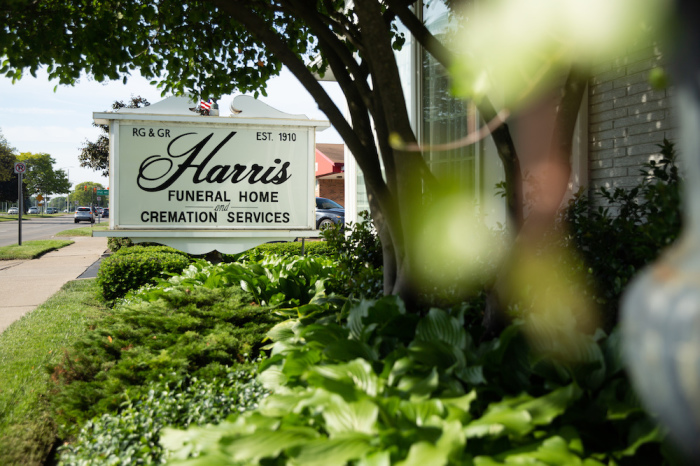Man at center of transgender Supreme Court case against Christian funeral home dies

The man at the center of a high-profile U.S. Supreme Court case on the definition of "sex" and how transgender-identifying people are recognized in the workplace has died.
Anthony Stephens, 59, who later changed his name to Aimee Stephens when he decided to self-identify as female, was on home hospice and died due to complications related to kidney disease on Tuesday.
Stephens was a biological male who first presented as a female in 2013. His case — R.G. & G.R. Harris Funeral Homes v. Aimee Stephens & EEOC — is the first transgender rights-related civil matter to reach the Supreme Court.
Oral arguments were heard by the high court last October and a ruling is expected between now and the end of June.
Stephens was fired from his job at a Christian-owned funeral home in Michigan after he refused to continue to dress as a man and instead wanted to dress as a woman, in a "skirt suit," while at work. Thomas Rost, Stephens' boss at the time and company owner, said "coming to work dressed as a woman was not going to be acceptable."
In the lawsuit that was subsequently filed against Harris Funeral Homes, Stephens alleged that he had been the victim of discrimination on the basis of transgender status.
The American Civil Liberties Union represented Stephens in the case and lamented his death. The ACLU referred to him as a "hero and a trailblazer."
The ACLU has argued that by firing Stephens, the funeral home violated the core premise of Title VII. The premise is that employees should be judged on their merit and not discriminated against on the basis of sex. The ACLU contends that terminating Stephens was unlawful sex discrimination.
A lower court had previously ruled in favor of Stephens, stating that it is "analytically impossible to fire an employee based on that employee's status as a transgender person without being motivated, at least in part, by the employee's sex."
The case is considered to be one of the biggest hot-button matters the Supreme Court has heard this year. The case showcases the ascendency of transgenderism in the wider culture amid ongoing debate about nondiscrimination statutes protecting sexual orientation and gender identity as civil rights classes.
The Harris Funeral Homes case is the lead case in the dispute. But two other companion cases being considered by the court involve homosexual employees who were let go from their jobs.
Concurrent with the Harris case at the high court, the Equality Act passed in the House of Representatives last year would add both sexual orientation and gender identity to federal civil rights law.
The Republican-controlled Senate has not taken the bill up for consideration and the Trump administration has said the legislation is full of "poison pills." The Equality Act is an update to the 1964 Civil Rights Act, viewed by many as the legacy of Dr. Martin Luther King, Jr.
The court is composed of four justices appointed by Democratic presidents and five justices appointed by Republican presidents.





























